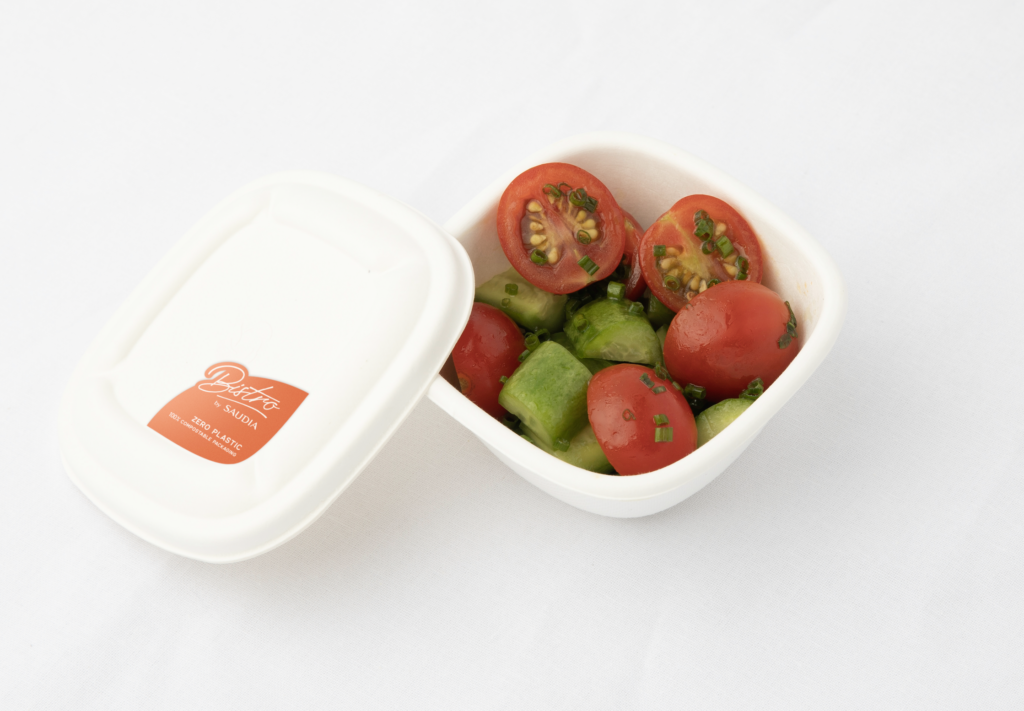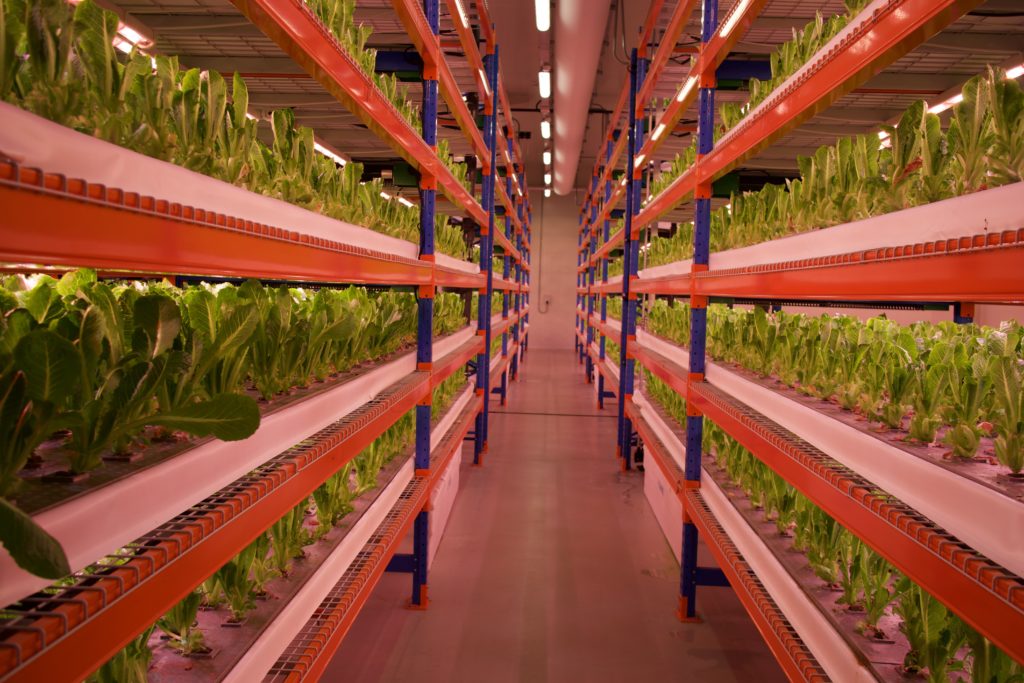Airlines increasingly on-board with sustainable cuisine
Share
Last month, Japanese airline Zipair made headlines with the news that it was introducing an “environmentally friendly meal option” for passengers. That meal option included ingredients made from insects – in particular cricket powder.
Though there is in fact a whole movement promoting insect-based food as a solution to both environmental problems and world hunger, as well as chefs and restaurants specializing in things like grasshopper cuisine, Zipair’s solution is probably still too adventurous for a lot of passengers.
However, with agriculture being responsible for 25%+ of greenhouse gasses, the idea of sustainable cuisine is here to stay.
In this post, we’ve looked at three different sustainable food initiatives by SAUDIA, ANA and Emirates:

First of all, the news came out today that SAUDIA has signed an agreement with Red Sea Farms, a Saudi AgTech company pioneering solutions that allow for commercial farming in harsh environments to take place.
Red Sea Farms looks at areas such as energy efficiency, water use, and resilient plant science to develop more sustainable and less carbon intensive agriculture.
The agreement foresees Red Sea Farms providing food for SAUDIA’s in-flight meals, which means the airline will be able to significantly reduce its food miles, as well as providing guests with high quality, locally-sourced meal options both in-flight and at airport lounges.
Meanwhile All Nippon Airways (ANA) is offering more environmentally friendly in-flight offerings for premium class passengers on select international flights.
This includes “Nobeoka bamboo shoots“, which have been developed and grown to combat the problem of abandoned bamboo groves in Japan.
In addition, as a way of raising awareness of food waste, ANA will be using rice that has been left unsold due to oversupply (note, not due to quality control issues), in the employee cafeteria at the airline’s group training center.

Finally, in June Emirates opened the world’s largest vertical farm.
Located near Al Maktoum International Airport at Dubai World Central, the 330,000 sq ft facility is geared to produce more than 1,000,000 kilograms of high-quality leafy greens annually, while requiring 95% less water than conventional agriculture.
At any point in time, the facility grows in excess of 1m cultivars (plants), which will provide an output of 3,000 kgs per day.
According to Emirates, the farm is driven by machine learning and artificial intelligence, as well as by a specialized team of agronomy experts, engineers, horticulturists and plant scientists.
As well as lowering an airline’s food miles, there is evidence that providing guests with more sustainable dining solutions, could actually enhance their enjoyment of the in-flight meal.
We discussed this recently in our post on the ‘greenconsumption effect.’ This showed that passenger satisfaction can increase, if they are told that what they are consuming is sustainable or environmentally friendly.


